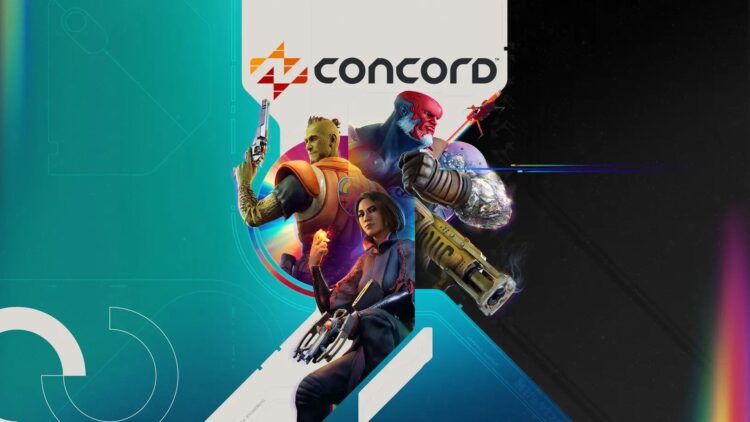As news that came to no one’s surprise, Sony has officially closed Firewalk Studios, the folks behind Concord, and revealed that the game will be permanently discontinued. It follows a weak response from players on release two months ago. Had its first game been delayed last year, Firewalk would have gone on to be acquired by Sony in 2018. Those hopes have now been dashed as Sony plans to refund all players who purchased the game.
In a statement released by Sony Interactive Entertainment, PlayStation co-CEO Hermen Hulst thanked the Firewalk team but confirmed the company’s decision to end the game and the studio’s operations. In addition to the news, another Sony underbelly studio, Neon Koi, is closing.
Sony closed Firewalk Studio and reneges on promises
We first reported on Concord, a PvP first-person shooter, when Sony shut down Firewalk Studios, as the game didn’t meet the player’s expectations. The game had developed for nearly eight years before seeing anything close resembling traction in the highly competitive shooter genre. Sony initially said they wouldn’t scrap the game and the studio and that it would be revamped and re-released. Still, the company ultimately chose to “permanently close the game” and shut down Firewalk altogether.
Hulst admitted that the game had its difficulties in his statement. Concord had some good features, but it wasn’t enough to keep players. “Certain aspects of Concord were exceptional,” Hulst said, “but others did not land with enough players, and as a result, we took the game offline.”
Closing Firewalk wasn’t an easy decision. But in defending having pulled the plug on both Concord and Firewalk, Sony’s Hulst said that pulling this one wasn’t a one-night stand. “After much thought, we have determined the best path forward is to permanently sunset the game and close Firewalk Studios,” he added.
It was a big deal for Concord. The game is said to have been in development for—at least—the better part of a decade, and Sony shelled out $200 million for the studio that made it. The investment was made, but the game never had the player base to push through the packed PvP first-person shooter market.
Hulst said part of the game’s downfall was in a competitive genre. “We didn’t come close to our targets on this title, and it’s a very competitive space, so the PvP first-person shooter genre is one I’m not sure we moved the needle on.” It’s not an easy space to crack into, even for well-established developers, and Concord couldn’t carve out its own space.
For the future, said Hulst, Sony would use the lessons learned on Concord to apply them to future projects, ‘especially in the live service space.’ “We will take the lessons learned from Concord and continue to advance our live service capabilities to deliver future growth in this area,” he said.
While this is sadly a setback for Sony, Hulst is optimistic about Sony’s future. “There is much to look forward to in the months ahead from the Studio Business Group and our teams,” he said. Despite the closure of Firewalk and Neon Koi, Sony is focused on building “a resilient and capable organization” to continue delivering memorable entertainment experiences for players.
Firewalk closure and Concord cancellation are also very bad news for developers. Most of the affected staff were incredibly talented people, and they’re now without a future for where they’ll be working, said Hulst, who added that Sony is trying to find placement opportunities for some of those staff in its network of studios worldwide.
While Concord may have been short-lived, the fight isn’t over for Sony’s efforts to expand the game service offerings. Hulst’s final words mean that the company is finding its ways, even in tough economic times, if not standing still. The legacy of Firewalk, however short, should prove a useful lesson for future projects. For now, fans will have to wait and see what is next for Sony’s growing game lineup and studios.
Image credits: PlayStation





